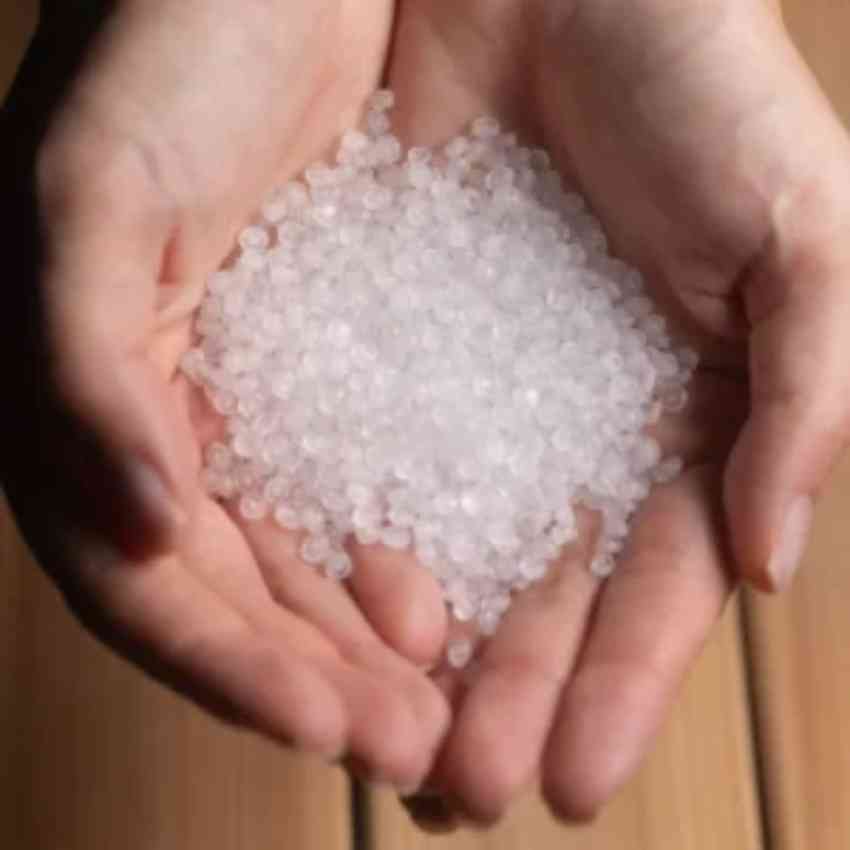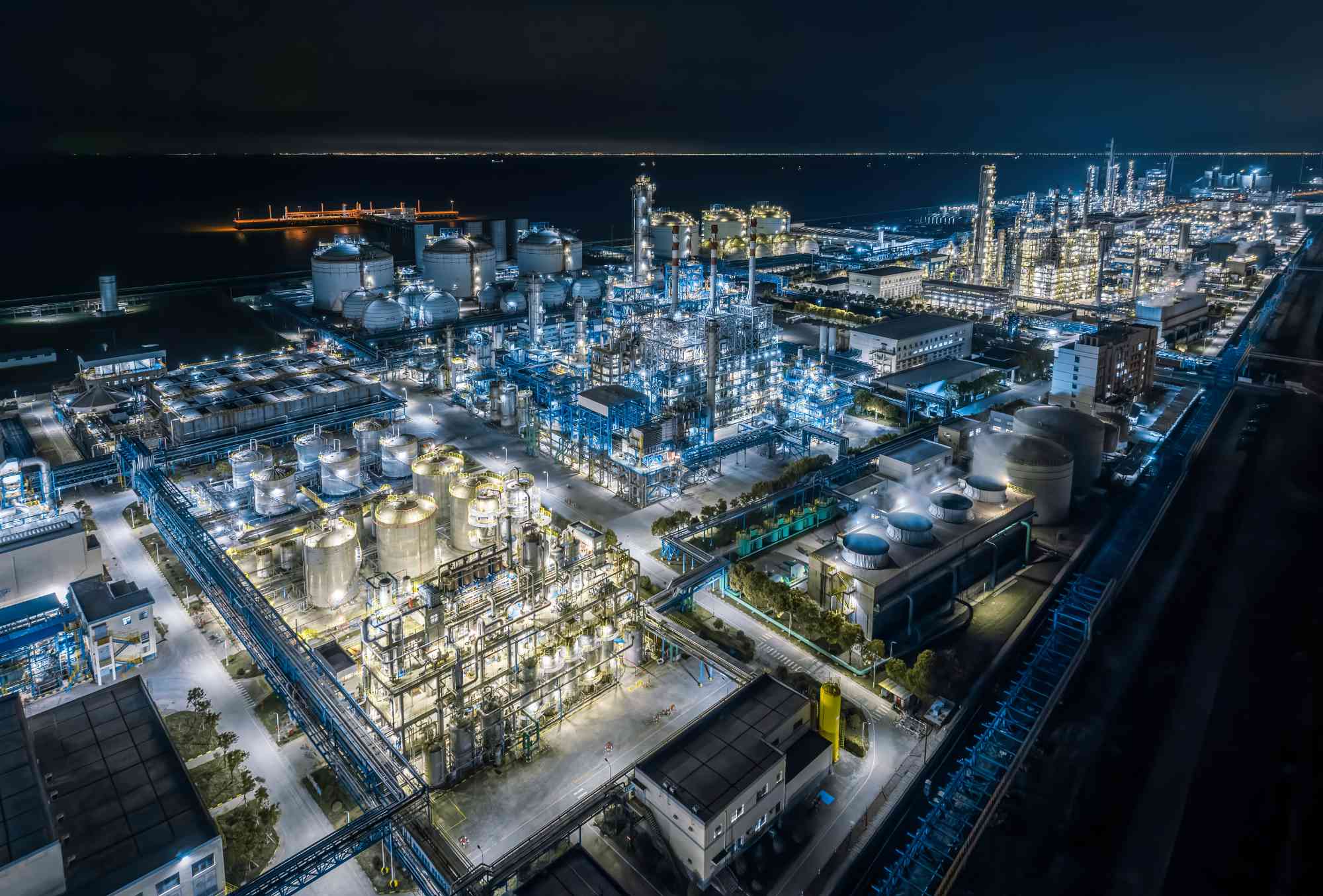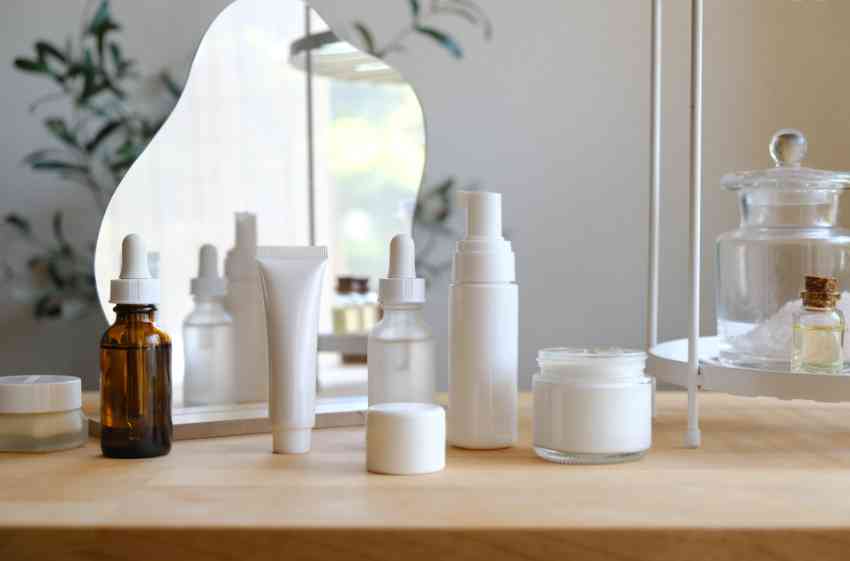Vioneo aims to pioneer the defossilisation of the chemical sector by using green methanol to produce fossil-free polypropylene and polyethylene at a commercial scale. The first plant, based in Port of Antwerp, will use green methanol to produce app. 300,000 tonnes of fossil-free virgin plastics. Vioneo is owned by A.P. Moller Holding.
What are the main areas of activity of the company?
- Development and deployment of fossil-free plastics: Vioneo is pioneering the production of polypropylene (PP) and polyethylene (PE) using green methanol as a feedstock, thereby eliminating dependence on fossil-based raw materials.
- Technology, feedstock & traceability innovations: Vioneo is integrating proven polymer technologies, renewable feedstocks and full traceability (including ISCC+ certification) to ensure its products are fully segregated, high-performance replacements for conventional plastics.
- Industrial decarbonisation & market transformation: Beyond manufacturing, Vioneo aims to contribute to the broader defossilisation of the €5 trillion chemicals and materials sector, enabling customers to reduce their Scope 3 emissions and enabling Europe to lead the sustainable plastics transition.
What’s the news about new products/services?
We’re proud to announce that we are the world’s first at-scale producer of fossil-free plastics — a major step forward in sustainable materials innovation. Our new product line delivers drop-in quality polypropylene and polyethylene, both fully recyclable and compatible with existing infrastructure.
Produced from non-food feedstock and green methanol, our plastics are fully segregated and traceable throughout the value chain, ensuring complete transparency and sustainability. Most importantly, this breakthrough allows customers to save up to 6 kg of CO₂ emissions for every kilogram of plastic produced, without compromising on quality or performance.
All the technologies behind this innovation are proven at scale, marking a significant milestone toward a truly circular and low-carbon plastics industry.
What are the ranges of products/services?
Vioneo produces virgin fossil-free polypropylene (PP) and polyethylene (PE).

What is the state of the market where you are currently active?
The market for plastics and polymers is currently at a pivotal moment. On one hand, global demand for polymers remains strong — plastics are integral in packaging, automotive, medical devices and countless other applications. On the other hand, this same market is under increasing pressure due to sustainability imperatives: conventional plastic production relies heavily on fossil-feedstock, contributes roughly 6% of global oil demand and around 5% of global greenhouse gas emissions.
There is a strong need for alternative production pathways, as even under ambitious recycling and circularity scenarios, recycling alone is expected to meet only about half of global plastics demand by 2050. At the same time, regulatory, investor, and customer pressure is growing, with brand owners and governments setting increasingly strict targets for net-zero, fossil-feedstock reduction, and traceability — driving demand for truly fossil-free plastics.
Transitioning to large-scale fossil-free plastics production, however, remains capital intensive and technologically complex, requiring new feedstocks such as green methanol, renewable energy, and supportive policy frameworks. Vioneo’s first production complex, planned at around €1.5 billion with a capacity of approximately 300,000 tonnes per year, reflects that challenge and ambition.
Europe stands out as a strategic battleground: its strong industrial base, advanced policy agenda, and concentration of chemical expertise offer major opportunities, but also present challenges such as high energy costs, competitive pressures, and a demanding regulatory environment.
What can you tell us about market trends?
The European plastics market is projected to grow from USD 162.93 billion in 2025 to approximately USD 223.02 billion by 2034, with a compound annual growth rate (CAGR) of 3.55%. However, Europe’s share in global plastics production has declined from 22% in 2006 to just 12% in 2024, primarily due to high energy costs and increased competition from Asia.
A significant challenge is the stagnation in the adoption of circular plastics. Despite efforts, the share of circular plastics in European production reached only 15.4% in 2024, indicating a need for accelerated transition towards sustainable practices.
Regulatory pressures are intensifying. The European Union implementing Extended Producer Responsibility (EPR) schemes to enhance recycling and reduce plastic waste, for example. The EU is also seeking to promote the production and consumption of climate-friendly plastics that are both circular and fossil-free. These regulations are reshaping the market dynamics and pushing companies towards more sustainable practices.
What estimations do you have for the end of 2025?
We are unable to answer this at this stage. However, generally with the publication of the bioeconomy strategy, we are positive.



